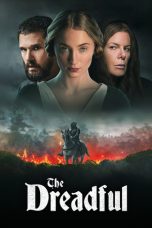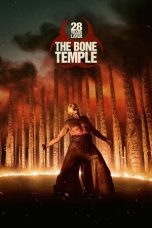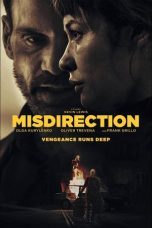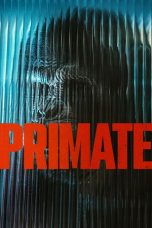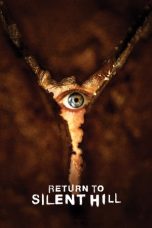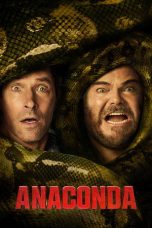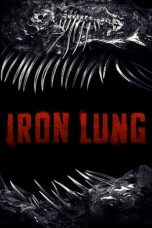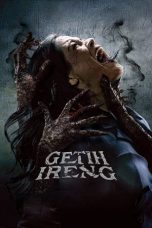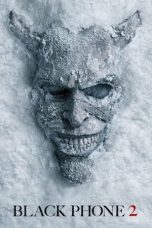In the early 1970s, Dr. Henry West creates an institute to find people with supernatural abilities. When Judith Winstead comes to the facility, she exhibits amazing abilities that the military wants to turn into a weapon.
“The Atticus Institute” 2015 Movie Review: A Chilling Foray into Paranormal Research
Introduction Directed by Chris Sparling, “The Atticus Institute” is a 2015 psychological horror film presented as a documentary. The movie uses found footage and mockumentary-style interviews to recount the chilling events surrounding a small parapsychology lab in the 1970s. The institute’s encounter with a powerful supernatural entity under the guise of studying telekinesis and psychic abilities forms the crux of this eerie narrative.
Plot Overview Set in the fall of 1976, Dr. Henry West (William Mapother) founds The Atticus Institute in Pennsylvania, dedicated to researching paranormal phenomena. Things take a dark turn when Judith Winstead (Rya Kihlstedt) arrives at the institute. She displays abilities that far surpass anything the institute has seen. As her powers escalate, the U.S. Department of Defense steps in to weaponize her abilities, leading to uncontrollable and terrifying consequences. The film’s structure weaves together retrospective interviews with former staff members, archival footage, and dramatic reenactments to create a convincing and suspenseful exploration of Judith’s case.
Cast and Performances Rya Kihlstedt delivers a haunting performance as Judith Winstead, skillfully portraying the transformation from a shy visitor to a powerful and dangerous entity. William Mapother convincingly plays the ambitious yet ethically torn Dr. West, whose initial fascination with Judith’s abilities becomes a desperate struggle to contain the growing threat. The supporting cast, including performers in the roles of government officials and other institute staff, contribute to the film’s immersive authenticity.
Direction and Cinematography Chris Sparling’s direction effectively blurs the lines between documentary and horror, utilizing the mockumentary format to build tension and suspense. The use of archival footage, along with first-person interviews and simulated home movies, enhances the film’s atmosphere, making the supernatural elements feel more intimate and distressing. The cinematography supports this by capturing both the claustrophobia of the institute’s testing rooms and the stark reality of the narrative being recounted.
Themes and Symbolism “The Atticus Institute” explores themes of human vulnerability in the face of the unknown and the ethical dilemmas inherent in using science to harness supernatural forces. The film probes the dangers of overreaching ambition and the moral consequences of weaponizing paranormal abilities. The pervasive government interference serves as a metaphor for the loss of control and the consequences of exploiting powers beyond human understanding.
Conclusion “The Atticus Institute” stands out in the horror genre by successfully combining a documentary style with supernatural horror elements. It provides a fresh perspective on the traditional demonic possession narrative and engages with its realistic portrayal of the 1970s scientific and political climate. While it may tread familiar thematic ground, its execution and commitment to the format offer a uniquely unsettling experience.
Final Thoughts For fans of psychological horror and those intrigued by paranormal phenomena, “The Atticus Institute” offers a thought-provoking and spine-chilling viewing experience. It’s a film that not only scares but also invites reflection on the ethical boundaries of scientific inquiry.

